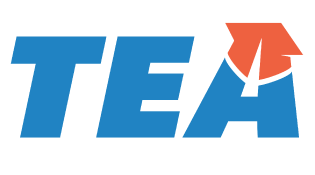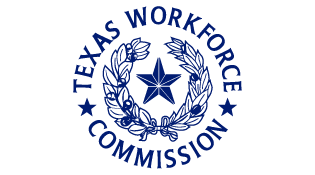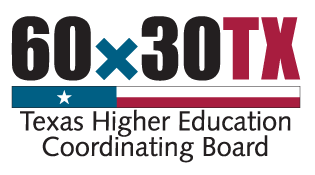As educators, we spend much of our careers ensuring that our students are ready. In Texas, they should either be college ready, career ready, and/or military ready by the time they graduate from high school. Let’s talk about efficient options for students who want to go to college but may not yet have demonstrated their readiness for college-level coursework.
The Texas Success Initiative Assessment (TSIA)
High school graduates entering higher education who have not yet demonstrated college readiness must first take the state-approved college readiness assessment, the Texas Success Initiative Assessment, also known as the TSIA. In January 2021, a new version of the TSIA will be released, referred to as the TSIA2.
Students who meet college readiness benchmarks on the TSIA or TSIA2 by subject area are considered “TSI-met/complete” and can enroll in applicable freshman-level college courses. subject areas for the TSIA include reading, writing, and mathematics. In January 2021, with the implementation of the TSIA2, the subject areas will be reduced to two: English language arts reading (ELAR) and mathematics.
Developmental Education
Students who do not demonstrate college readiness through the TSIA or TSIA2 will receive a written plan from their college adviser outlining exactly what they must do to become ready and able to enroll in freshman-level college courses. This plan often requires developmental education.
Developmental education consists of pre–college level courses and interventions designed to increase students’ knowledge and improve their skill levels so that they have the best chances for successfully completing college-level courses. Because these courses and interventions are pre–college level, they do not count toward degree or certificate program requirements even though they may have similar tuition and textbook costs.
Corequisite Models
In the past, developmental education mostly included a series of pre-college courses that students had to successfully complete prior to enrolling in college-level courses. However, recent reforms now provide options that allow most students to enroll in college-level courses and developmental education interventions at the same time. These accelerated options are called “corequisites,” and they are designed to provide students with the necessary support interventions at the point when they need them, not in semesters before.
We encourage students to talk to their advisers about corequisites and request enrollment in these options, which can save them time and money while offering additional support. Research confirms that students enrolled in corequisite options significantly outperform students enrolled in traditional developmental education by becoming college ready and successfully completing freshman college-level courses in their first semester rather than a year or two later.
What are some benefits of choosing accelerated, corequisite models?
- Students may enroll in college-level coursework immediately
- Students can receive concurrent, just-in-time support
- Students save time and money through simultaneous enrollment
- Students are more likely to successfully complete a freshman-level college course in their first semester rather than a year or two later
An Example of Developmental Education as a Corequisite Model:
A corequisite model can be complicated to explain. Here’s an example of a corequisite model in action. Gabby is a recent high school graduate and is excited to start college in the fall. Her college’s admissions adviser informed her that she has not yet demonstrated college readiness in math. However, her adviser let her know that she can still enroll in her freshman-level college math course through a corequisite option. This option means she will enroll in a developmental education support class at the same time. This class is designed to provide Gabby with additional support to help ensure that she successfully completes the college math course.
For more information on college readiness and developmental education, log in to the Texas OnCourse Academy and check out the Advising All Students to Be College Ready module. You'll find this module under within the Postsecondary Pathways: Foundational Knowledge course.






